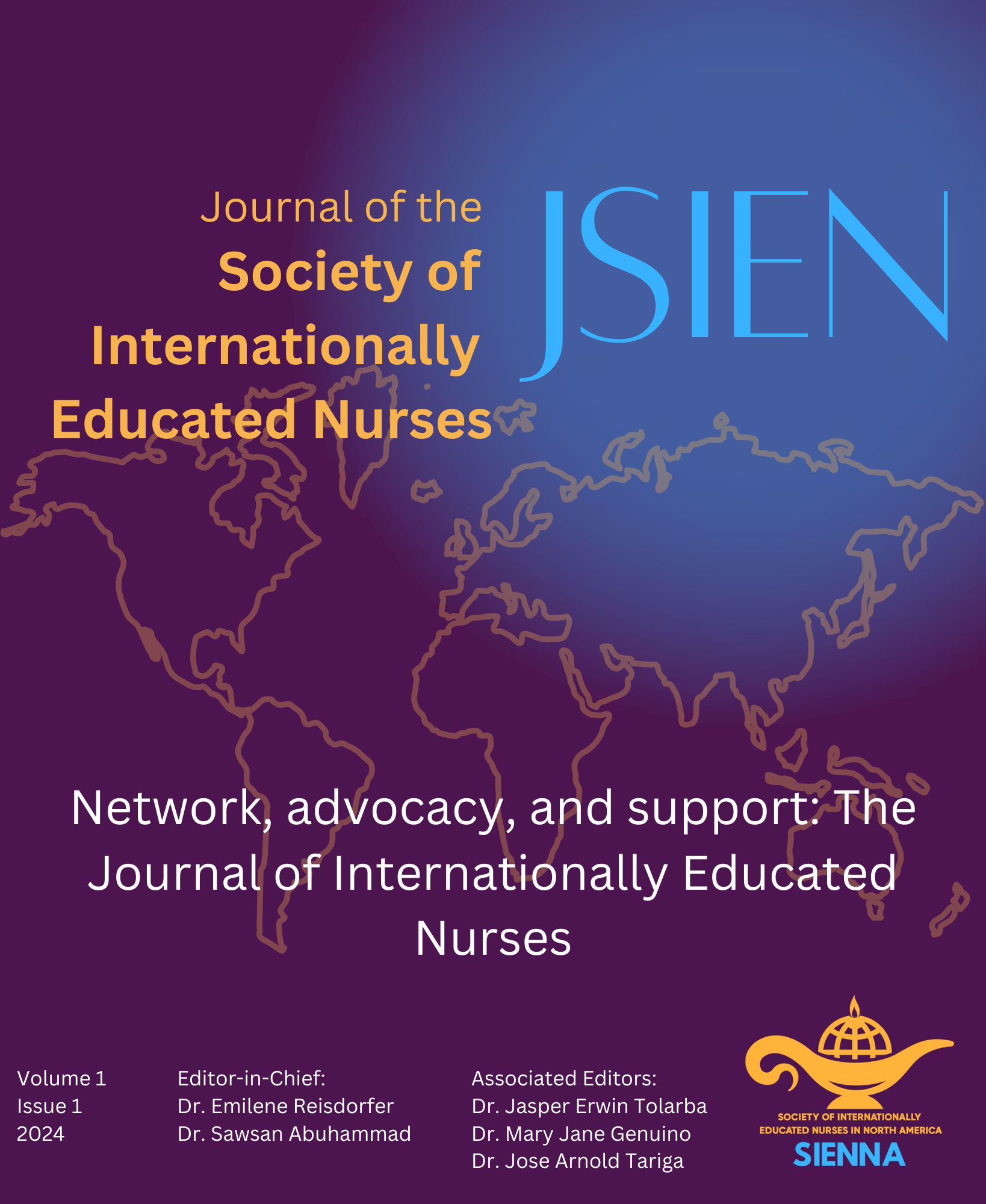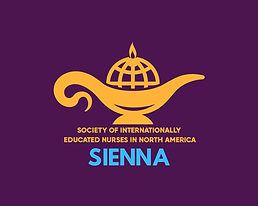Exploring the education of internationally educated nurses in end-of-life care: A narrative review
DOI:
https://doi.org/10.31542/xs5ay927Abstract
Introduction: The purpose of this narrative review is to understand what and how Internationally Educated Nurses (IENs) learn about end-of-life care and practices in the host country of employment. Internationally educated nurses (IENs) are nurses from low-income countries that are recruited by high-income countries to assist with the nursing shortage workforce. Methods: A narrative review was completed using a search from the PubMed, CINAHL and PsyclINFO. Articles (n=131) were uploaded to Zotero. After two rounds of review, title and abstract and full-text, eleven (n=11) articles were included in the final dataset. Results: The findings represent the host countries from Asia, Australia, Europe, and North America and the IEN’s country of origin from Africa, Asia, and Europe. Specific countries were listed in the results. Five themes emerged from the data and included IENs Are Unprepared to Practice, Standardized Education is needed to Support IENs, Communication is a Barrier, End of Life Evokes Strong Feeling, IENs have Diverse Skills. Conclusions: While there are many challenges, there are also many opportunities. There are important implications for healthcare leaders in host countries who employ IENs. If IENs remain, at least in part, a solution to minimize the nursing shortage in host countries, leaders must understand the IEN workforce to ensure effective integration into the workplace. Developing a workforce that is culturally competent, and all nurses are able to manage cultural conflicts when IENs and domestic nurses encounter these situations.
References
Downloads
Published
Issue
Section
License
Copyright (c) 2024 Journal of the Society of Internationally Educated Nurses

This work is licensed under a Creative Commons Attribution-NonCommercial 4.0 International License.


